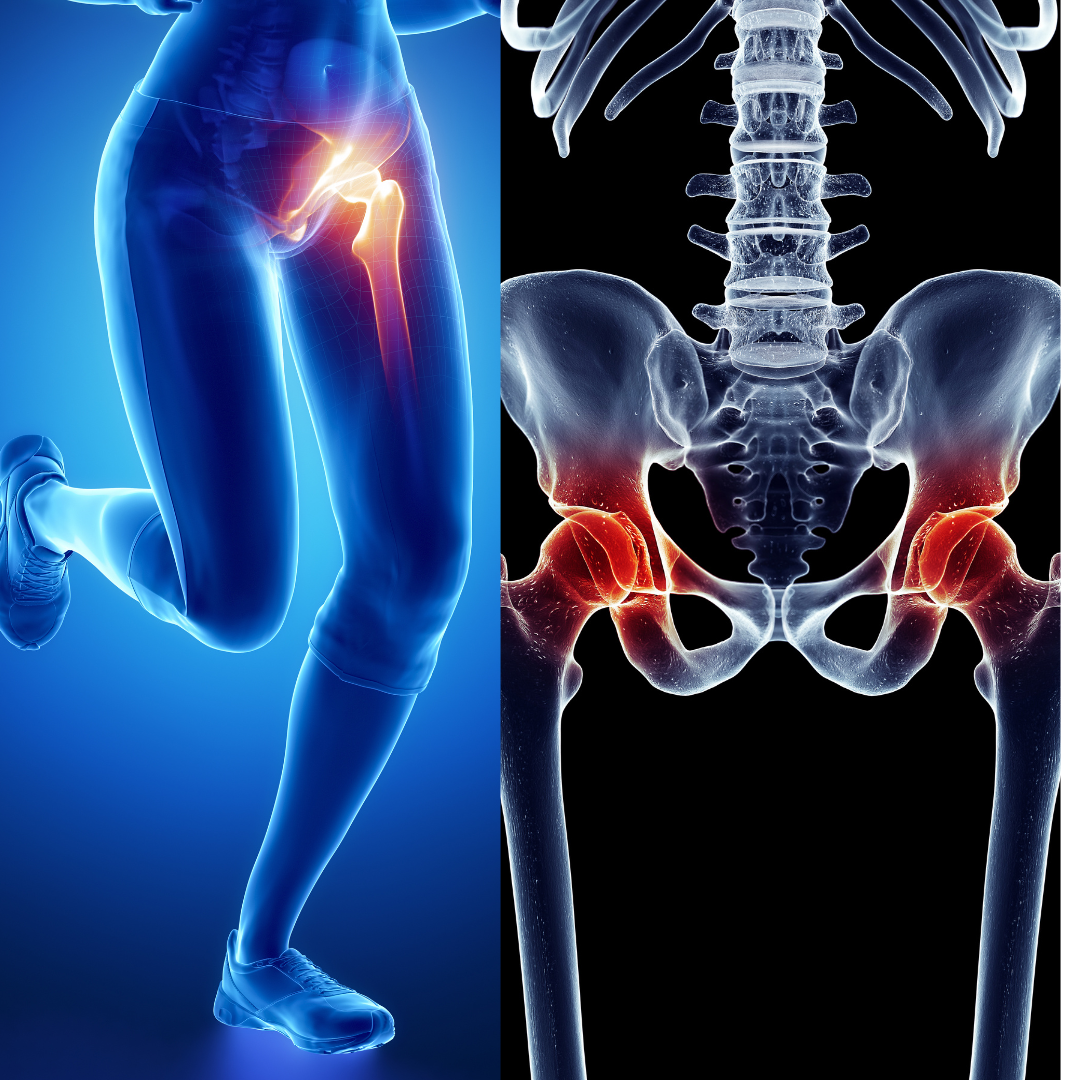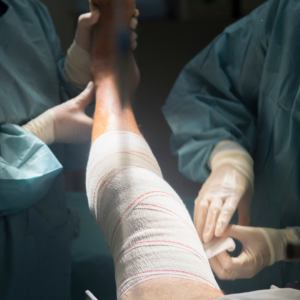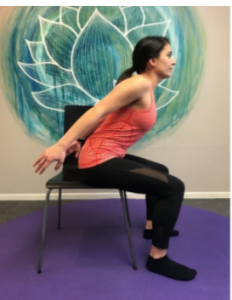Hip pain is a common problem that affects people of all ages and backgrounds. It can range from mild discomfort to severe pain, and can be caused by a variety of factors, including injury, overuse, or underlying medical conditions. However, there are many misconceptions about hip pain that can prevent people from getting the proper treatment they need. In this article, 3 Myths of Hip Pain, we will address some of the most common misconceptions about hip pain and how to correct them.
Misconception 1: Hip pain only affects older people
While it’s true that hip pain is more common in older adults due to the wear and tear on the joints that occurs over time, it can affect people of all ages. Athletes, for example, are at a higher risk of hip injuries due to the high impact nature of their sports.
Misconception 2: Hip pain always means you need surgery
Surgery is not always necessary to treat hip pain. Many cases can be managed through conservative treatments such as physical therapy, rest, and medication. However, in some cases, surgery may be necessary, such as in the case of a severe injury or advanced arthritis.
Misconception 3: Rest is the best treatment for hip pain
While rest is important for allowing the body to heal, too much rest can actually make hip pain worse. Gentle stretching and exercise can help strengthen the muscles around the hip joint, reducing pain and improving mobility. Physical therapy can also be a helpful tool for managing hip pain.
Results Physical Therapy’s Online Hip and Pelvis Pain Workshop
Thank you for reading 3 Myths of Hips Pain. If you’re experiencing hip or pelvis pain, Results Physical Therapy is hosting a free online Hip and Pelvis Pain Workshop on May 2nd from 5:30pm – 6:30pm. This workshop will provide information on the causes of hip and pelvis pain and offer practical tips on how to identify these conditions. The workshop will be led by a master physical therapist with 40 years of experience and is open to anyone who is interested in learning more about hip and pelvis pain and improving their quality of life.
To register, visit resultsrehab.com/workshops/ .




